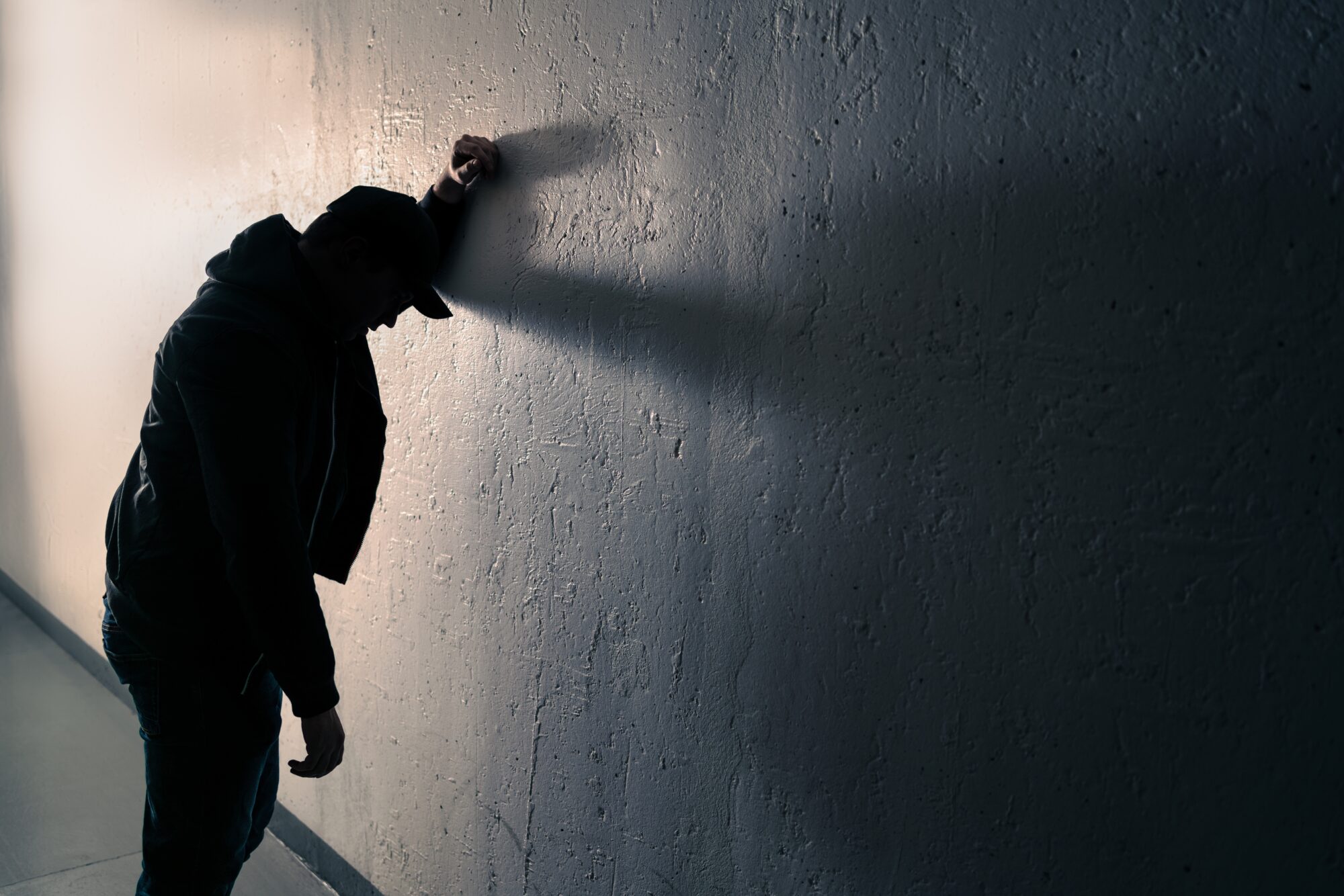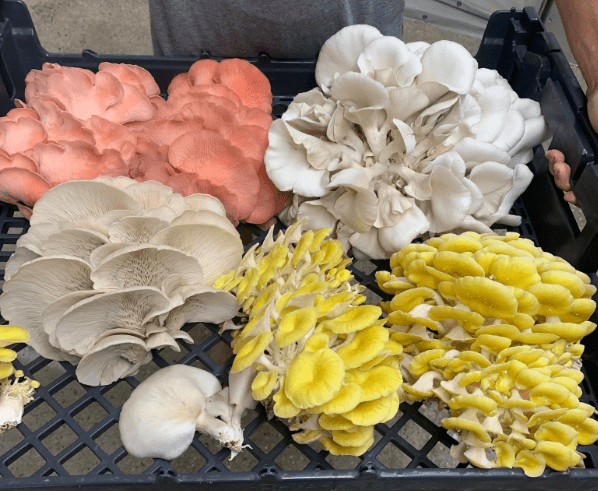
State Senator Angela Turner-Ford speaks on behalf of the Mississippi Legislative Black Caucus at the start of the 2023 session.
- A large contingent of organizations were lobbying to have banned kratom sales this session.
Efforts to ban kratom, a substance commonly found in gas stations, convenience stores and CBD shops that has been said to be highly addictive and potentially lethal, have stalled in the Legislature this session. However, on Thursday, the Senate passed one bill that begins to establish some barriers on the sale of opioid-like drug.
The Mississippi Senate unanimously passed an amended version of HB 1077, the Kratom Consumer Protection Act, this week. If it becomes law, the measure would set age, potency and store location restrictions on the sale of kratom products.
The bill would require kratom products to list the address and phone number of the manufacturer in addition to providing a full list of ingredients. Products would be required to be placed behind store counters. The age limit on purchases of those products would be set at 21.
While presenting the bill on the floor, State Senator Angela Turner-Ford (D), said the bill limits the concentration of seven hydroxymitragynine, the active chemical in kratom, to one percent. All kratom products would also have to be registered with the Department of Revenue.
Senator Nicole Boyd (R) posed a question as to whether the bill supersedes local laws established at the city and county level in locales where kratom has been banned.
“Under authority of home rule those jurisdictions can implement policies that may be more strict than what we have here,” Turner-Ford said in response.
However, since it was unclear at the time whether home rule overrides the legislation, the Senate voted to leave a reverse repealer in the bill upon Boyd’s recommendation, allowing more time to determine if additional language protecting cities and counties should be considered.
Before the Senate took a vote on the bill, Turner-Ford reminded the Senate that all other bills in the Legislature concerning regulating or banning kratom products had died this session.
“It is my understanding that this is the only vehicle alive at this point that can in any way address kratom,” Turner-Ford said. “And while it does differ from the position that originated in the Senate, if we do not have this, I think the apprehension is that we will not be in a position to address it all this legislative session.”
Even though the Legislature has been unsuccessful so far in banning kratom outright, a number of cities and counties have done so on the local level. State Representative Stacey Hobgood-Wilkes (R) said her home county of Pearl River and its cities have bans in place.
One of the bills that died earlier this week seeking to establish regulations on kratom was SB 2355, which was amended with language from HB 1121. A strike-all was introduced during Monday’s House Drug Policy Committee identifying the natural and synthetic forms of kratom as Schedule III substances.
That measure later died in the House Accountability, Transparency and Efficiency Committee as it was double referred, Wilkes said.
A large contingent of organizations were lobbying to have kratom listed as a Schedule III of the Uniform Controlled Substances Act this session. Those groups included the Mississippi Law Enforcement Officers Association, the Mississippi Sheriffs Association, the Mississippi State Troopers Association, the Mississippi Association of Police Chiefs, the Mississippi Municipal League, and the Mississippi State Medical Association, among others.
In a letter to lawmakers last week, the groups said that given the potential for strong addiction, abuse, and adverse health effects associated with Kratom, they believe it is in the best interest of public health and safety to prohibit its direct sale to consumers—just as was done with Tianeptine in 2023.
“By scheduling Kratom, you can protect constituents from unregulated substances that pose significant dangers,” they contend. “Any attempt to regulate this drug sends a message that the drug is safe for use. Proposed consumer protection legislation advanced by supporters of Kratom would attempt to ensure that Kratom is ‘clean.’ Users could interpret this to mean Kratom is not laced with dangerous poisons or fentanyl. So called ‘Clean’ Kratom is still a synthetic opioid, it is still highly addictive, and in large amounts, ‘clean’ Kratom can still cause death.”
According to the group, Alabama, Arkansas, Indiana, Rhode Island, Vermont, Wisconsin, and 15 counties and 32 cities in Mississippi have banned kratom sales.











